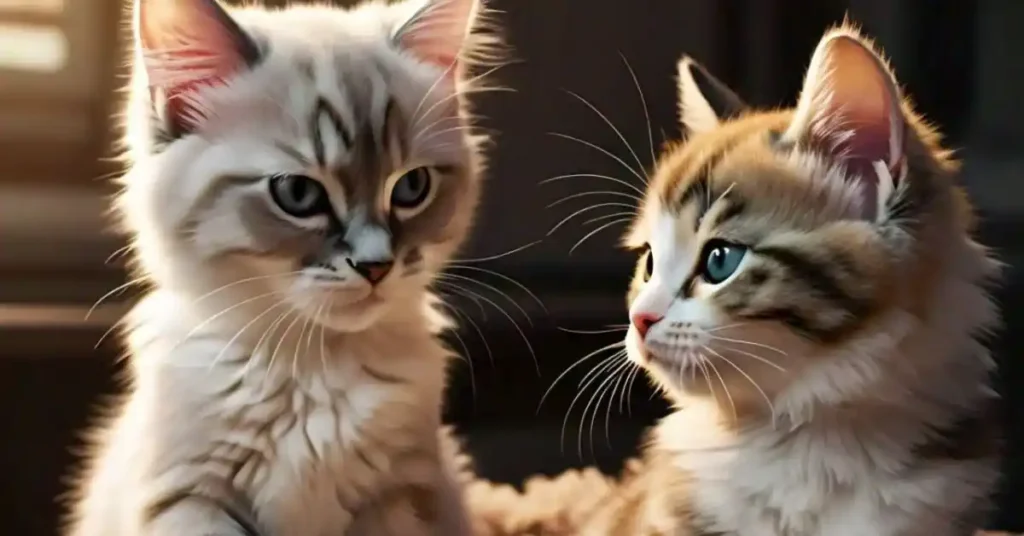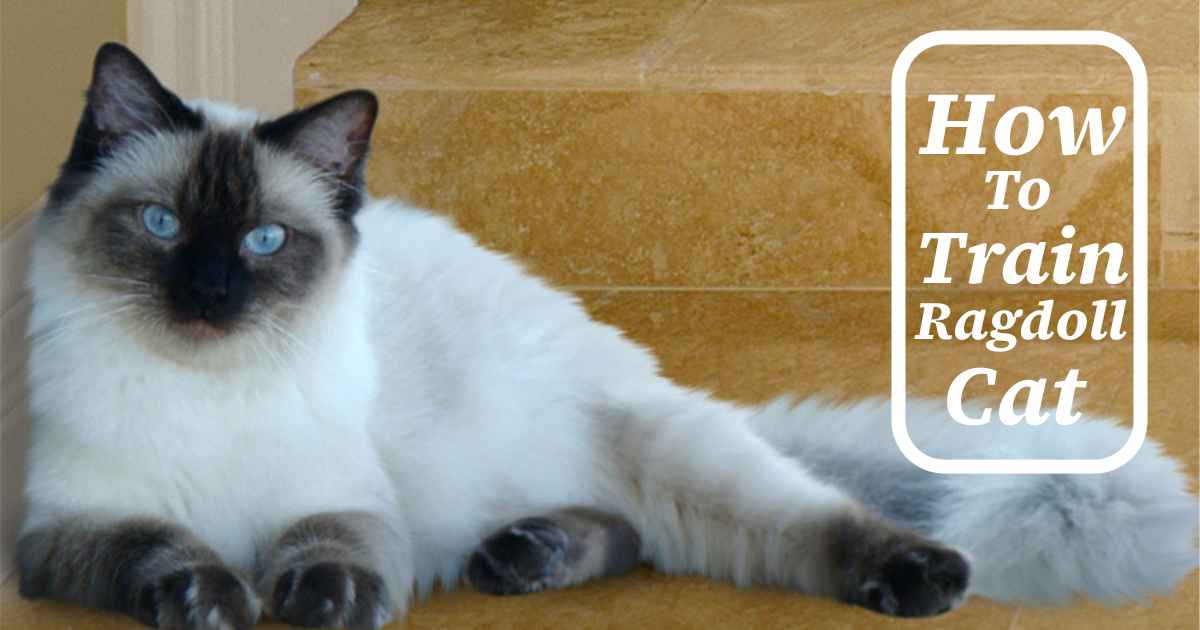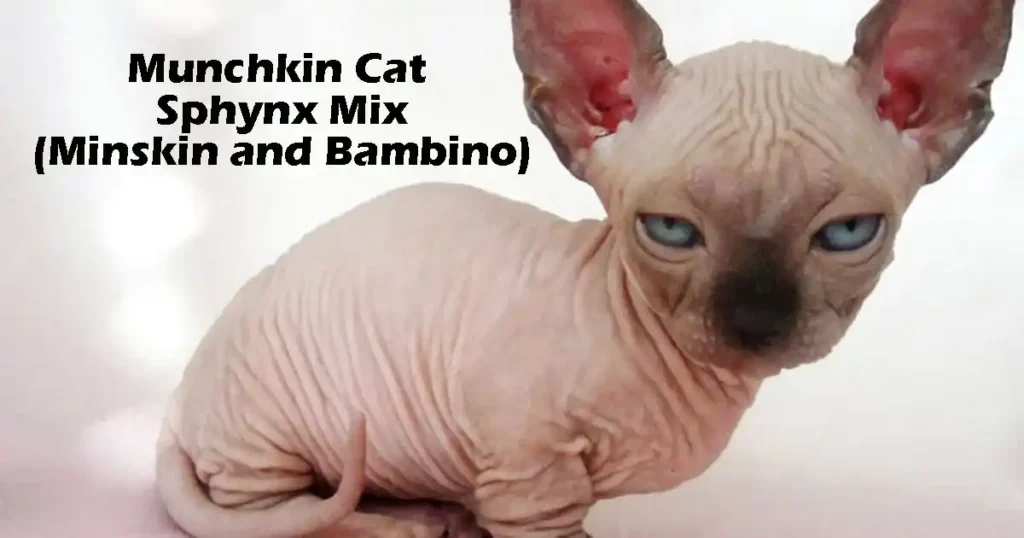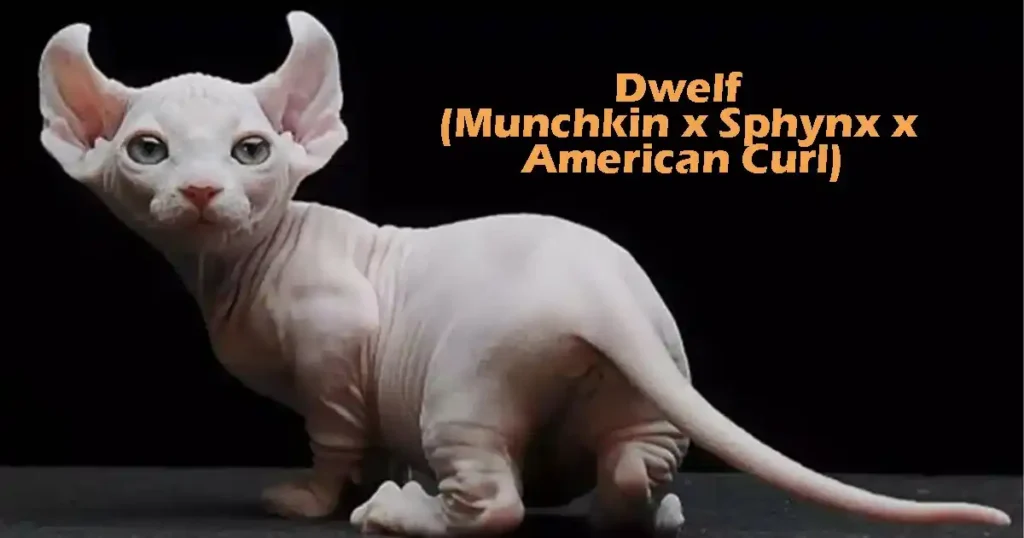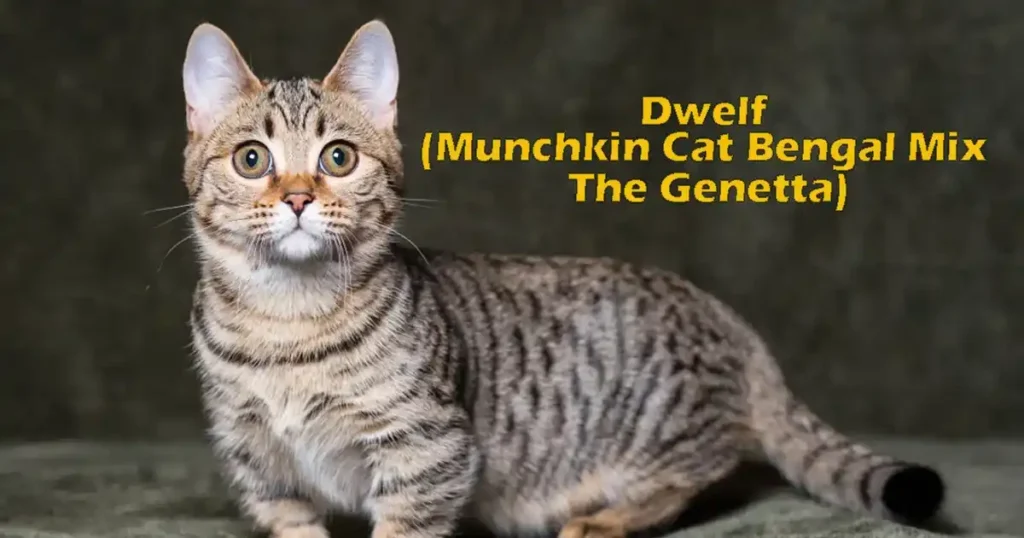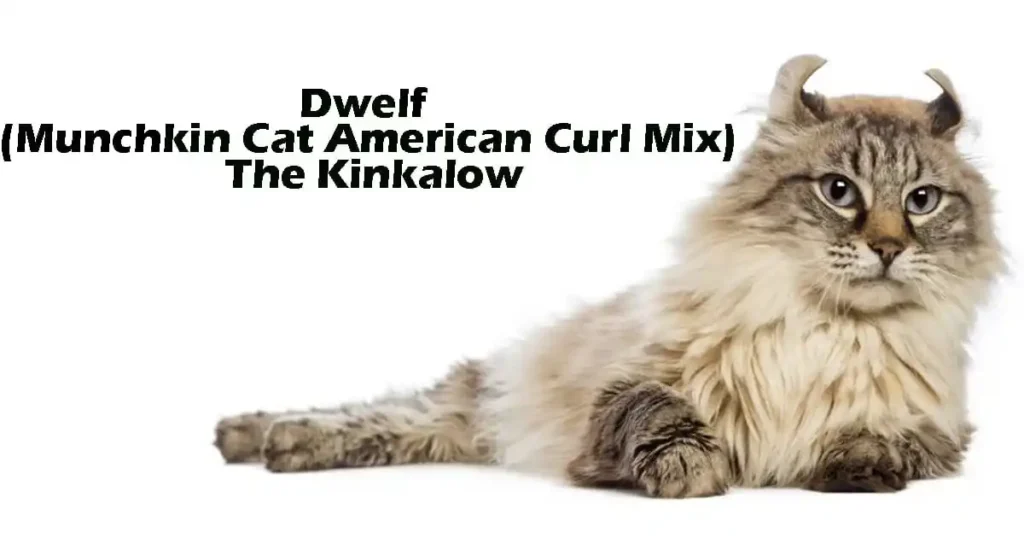Devon Rex cats are a unique and beloved breed known for their playful personalities, curly coats, and elf-like appearance. Often referred to as “pixie cats” or “alien cats,” they have a distinctive look and a charming demeanor that sets them apart from other breeds. Below is a comprehensive overview of Devon Rex cats, including their history, characteristics, care requirements, and health considerations.
Beyond their striking looks, Devon Rex cats are highly social and affectionate. They are often described as “dog-like” in their loyalty to their human companions, enjoying interaction and attention. These cats are known for their mischievous nature, often engaging in playful antics that bring joy to their owners. Their energetic and curious demeanor makes them excellent companions for families or individuals who are looking for an active, engaging pet
The Devon Rex breed was discovered by Beryl Cox in 1960 in Buckfastleigh, Devon, England. Beryl found a curly-coated kitten named Kirlee and initially believed that Kirlee’s unique curly coat was related to that of the Cornish Rex. In her attempts to crossbreed Kirlee with other cats, she found that all resulting kittens had straight coats.
Discover the Devon Rex: A Mischievous and Affectionate Feline Friend
The Devon Rex is a unique and enchanting cat breed known for its soft, curly coat, large ears, and mischievous personality. Often referred to as the “pixie of the cat world,” these cats are full of energy and love to play, climb, and explore their surroundings. Despite their playful nature Devon Rex cats are also incredibly affectionate and thrive on human interaction, often following their owners around like little shadows.
Their short, wavy fur requires minimal grooming, making them a low-maintenance choice for cat lovers. With their quirky looks, lively demeanor, and loving hearts, Devon Rex cats make wonderful companions for families, singles, and anyone looking for a fun and engaging pet.
History and Origin
The Devon Rex breed originated in Devon, England, in 1960, when a curly-coated kitten named Kirlee was born to a feral cat. Kirlee’s unique coat was the result of a natural genetic mutation, and breeders began developing the Devon Rex by crossing him with other cats. Unlike the Cornish Rex, which has a similar curly coat, the Devon Rex has a different genetic mutation, making it a distinct breed.
The breed was officially recognized in the 1960s and has since gained popularity worldwide for its quirky appearance and affectionate nature.
The Unique Charm of the Devon Rex Cat
The Devon Rex cat is a distinctive and enchanting breed that wins hearts with its elfin features, playful personality, and soft, wavy coat. Often described as the “pixie of the cat world,” this breed is full of surprises and brings joy to cat lovers everywhere. Whether you’re considering adopting one or are simply curious, this guide delves into everything that makes the Devon Rex unique.
This breed is particularly known for its playful, mischievous nature, constantly seeking attention and engagement with its human companions. Devon Rex cats are extremely social, enjoying being around people and often forming strong bonds with their families.
Their intelligence and curiosity make them excellent problem-solvers, and they can be trained to perform tricks or even walk on a leash. Despite their small size, they have big personalities, and their affectionate, outgoing nature makes them ideal companions for active households looking for a loving and lively feline friend.
| Characteristic | Details |
|---|---|
| Size | Medium build, typically weighing between 6 to 9 pounds. |
| Coat | Short, soft, and wavy fur that comes in various colors and patterns. |
| Head | Broad wedge shape with high cheekbones, large low-set ears, and prominent eyes that can be any color. |
| Body | Lean frame with a short neck and long legs, contributing to its agile appearance. |
Appearance
The Devon Rex is characterized by its pixie-like features, which give it a distinctive look:
- Ears: Large and low-set with rounded tips.
- Eyes: Prominent and oval-shaped, available in any color.
- Coat: Short, soft, and wavy, featuring a unique texture; the coat comes in various colors and patterns.
- Body: Medium-sized with a muscular build and long legs; males are generally larger than females.
Temperament
Devon Rex cats are known for their lively and affectionate personalities. They are playful, enjoying interactive play and capable of performing tricks with proper training. Social by nature, they thrive on human interaction and are friendly towards other pets and children.
Additionally, they are intelligent and highly trainable, displaying a curious disposition that encourages them to explore their environment.
What Sets the Devon Rex Apart?
1. Striking Appearance
- Wavy Coat: The Devon Rex boasts a soft, curly coat that comes in various colors and patterns.
- Large Ears: Their oversized ears, set low on the head, give them a whimsical, pixie-like appearance.
- Expressive Eyes: Their wide, almond-shaped eyes add to their captivating charm.
2. Affectionate Personality
- Known for being loving and cuddly, the Devon Rex forms strong bonds with its family.
- They thrive on attention and often seek out laps, shoulders, or even your bed to snuggle in.
3. Playful and Energetic
- Devon Rex cats are highly active and love to play, climb, and explore.
- They maintain their kitten-like energy well into adulthood, making them delightful companions.
4. Social Butterflies
- These cats enjoy being around people, children, and other pets.
- They’re outgoing and adapt quickly to new environments, making them a great choice for families.
Ongoing Costs of Owning a Devon Rex Cat
Owning a Devon Rex cat can be a rewarding experience, but it comes with ongoing costs that every prospective cat owner should be aware of. Here are some of the key expenses:
- Food: A high-quality, nutritionally balanced diet is essential for the health of your Devon Rex. Expect to spend around $20 to $40 per month on premium dry or wet food, depending on the brand and your cat’s specific dietary needs. Special dietary requirements, such as hypoallergenic food, could increase this cost.
- Regular Veterinary Care: Routine veterinary visits, including vaccinations, check-ups, and flea treatments, are necessary to keep your Devon Rex healthy. Annual vet visits may cost between $100 and $300, with additional expenses for any unexpected health issues or emergencies. Devon Rex cats are generally healthy but may be prone to certain conditions like heart disease or skin allergies, which could result in higher vet costs.
- Grooming: While the Devon Rex has a short, curly coat, it still requires regular grooming to keep it clean and healthy. Regular brushing can help prevent matting, and monthly baths are often recommended to maintain skin health. You may spend around $10 to $20 per month on grooming supplies like brushes, shampoos, and conditioners. Some owners opt for professional grooming, which could cost an additional $50 to $100 per session.
- Litter and Litter Box Supplies: Devon Rex cats need a clean litter box, and high-quality cat litter usually costs between $10 to $25 per month, depending on the type and brand. Litter box liners, cleaning sprays, and other accessories might add to the cost.
- Pet Insurance: While not mandatory, pet insurance can help cover unexpected veterinary expenses, especially if your Devon Rex faces health issues. Depending on the plan and coverage, insurance could cost anywhere from $10 to $50 per month.
- Toys and Enrichment: Devon Rex cats are highly active and intelligent, so it’s essential to provide them with toys and enrichment to keep them mentally and physically stimulated. Monthly costs for toys, interactive games, and climbing structures might range from $10 to $30.
- Miscellaneous: Other ongoing costs may include replacement of bedding, collars, and occasional treats. You may also want to budget for occasional pet-sitting services or boarding if you go on vacation.
Overall, the ongoing monthly costs of owning a Devon Rex cat can range from $50 to $200 or more, depending on the quality of care and products you provide. It’s important to consider these expenses before bringing a Devon Rex into your home to ensure you’re financially prepared for their needs.
Grooming Needs
- At-Home Grooming Supplies: Devon Rex cats have unique coats that require gentle grooming. Tools like a soft brush or grooming glove cost about $10 to $30.
- Skin Care Products: These cats can have oily skin due to their sparse fur, so regular gentle baths with pet-safe shampoo may be necessary, costing around $5 to $20 per month for grooming supplies.
Litter and Accessories
- Litter Box and Litter: A basic litter box costs around $20 to $100 initially. Monthly litter costs are typically $10 to $30, depending on the litter type.
- Scratching Posts and Toys: Devon Rex cats are highly energetic and require plenty of mental stimulation, so budget $50 to $200 for quality toys and scratching posts.
Pet Insurance
- Monthly Premiums: Pet insurance is highly recommended for Devon Rex cats due to their susceptibility to certain hereditary conditions. Expect monthly premiums ranging from $10 to $40, depending on coverage levels.
Total Estimated Cost of Owning a Devon Rex Cat
Here’s an outline of estimated costs for the first year:
| Expense | Cost |
|---|---|
| Initial Purchase Price | $1,000 – $3,000 |
| First-Year Vet Visits | $100 – $300 |
| Annual Food Expenses | $240 – $600 |
| Litter | $120 – $360 |
| Toys, Scratching Posts, etc. | $50 – $200 |
| Grooming and Skin Care Supplies | $60 – $240 |
| Pet Insurance | $120 – $480 |
| Optional: Spaying/Neutering | $100 – $300 |
Key Health and Care Tips for Devon Rex Cats
Due to their unique genetics and coat, Devon Rex cats have some specific care needs:
- Skin Care: Devon Rex cats are prone to oily skin, so gentle, regular baths are recommended to avoid skin irritation or infections.
- Temperature Sensitivity: Their short, curly coats don’t offer much insulation, so keep them in warm environments or provide blankets and cozy spots.
- Interactive Play: These cats are highly intelligent and social, so regular playtime with interactive toys is important to prevent boredom.
- Dental Care: Like many cats, Devon Rexes benefit from regular dental care, either through at-home brushing or dental treats.
Everything You Need to Know About Devon Rex Cats
The Devon Rex is a fascinating breed known for its unique appearance and charming personality. Here’s a complete guide covering various aspects of the Devon Rex, including lifespan, health, and more.
Key Characteristics of Devon Rex Cats
- Curly Coat: The Devon Rex has a soft, curly coat that comes in various colors, including black, white, orange, and tortoiseshell.
- Size and Build: They are medium-sized cats with slender bodies and long legs, giving them a graceful appearance.
- Personality: Known for being affectionate and social, Devon Rex cats thrive on human interaction and enjoy being part of family activities.
Devon Rex Lifespan
Devon Rex cats typically have a lifespan of 12 to 15 years. While generally healthy, they can be prone to specific health issues, such as skin conditions and heart diseases. Regular vet check-ups are essential for maintaining their health.
Cost of Devon Rex Cats
The price of a Devon Rex can vary widely based on factors like breeder reputation and kitten lineage. On average, you can expect to pay between $800 to $2,000 for a Devon Rex kitten.
Additional Costs:
- Devon Rex Breeders: When choosing a breeder, ensure they are reputable. Look for breeders with health guarantees and a focus on ethical practices.
- Care and Maintenance: Regular grooming is essential to keep their coat healthy, and they may require specific dietary needs.
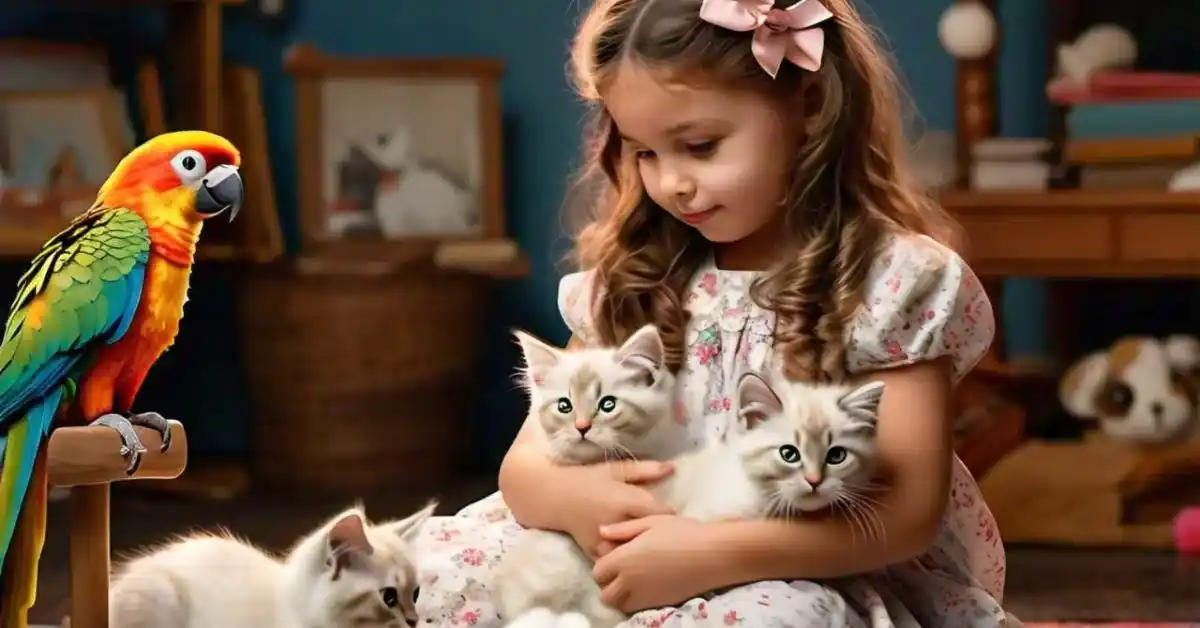
Health Issues of the cats
While Devon Rex cats are generally healthy, they can be prone to certain health issues. Common health issues include skin conditions, respiratory problems, and dental issues. Regular veterinary care and a healthy diet can help mitigate these concerns and keep your Devon Rex in good condition.
Many prospective cat owners ask, “Are Devon Rex cats hypoallergenic?” While no cat is completely hypoallergenic, the produces less Fel d 1 protein, which can trigger allergies in sensitive individuals. This makes them a popular choice for allergy sufferers.
Caring for Your
- Diet: A balanced diet with high-quality cat food is vital for their health.
- Exercise: Regular playtime is essential to keep them active and engaged.
- Social Interaction: They thrive on companionship, so ensure they have plenty of time with their human family members.
Appearance of the cats
Caring for a Devon Rex involves understanding their specific health needs and providing appropriate care. While generally healthy, they can be prone to certain genetic issues like skin conditions and respiratory problems. Their grooming needs are minimal, but regular baths may be necessary to manage their skin’s health.
Personality and Behavior
The Devon Rex is as distinctive in personality as it is in appearance. This breed is known for its playful, affectionate, and intelligent nature, making it a beloved companion for many cat lovers. Let’s delve into the key aspects of their personality and behavior.
Playful and Energetic
The Devon is renowned for its playful and energetic personality. They are highly active cats who thrive on interactive play and mental stimulation. Whether it’s chasing a feather toy or exploring new environments, the Devon Rex’s boundless energy ensures they are always up for an adventure.
Intelligence and Trainability
The Devon Rex’s intelligence is another standout feature. They are quick learners who can be trained to perform various tricks or even use a litter box. Their high level of curiosity and problem-solving skills makes training sessions engaging and rewarding.
Common Health Issues
While generally healthy, the is prone to some genetic health issues. These may include skin conditions like seborrhea, due to their unique coat, and respiratory issues linked to their distinctive facial structure. Regular veterinary check-ups and a watchful eye on their health can help manage these concerns.
Diet and Nutrition
A balanced diet is crucial for maintaining the Devon Rex’s health and vitality. High-quality cat food that meets their nutritional needs will support their active lifestyle and help prevent obesity. Regular monitoring of their weight and dietary intake is important to ensure they stay healthy and energetic.
As Devon cats age, their needs may change. Senior cats may require adjustments in diet, more frequent veterinary visits, and special attention to their joints and mobility. Providing a comfortable environment and regular health check-ups will help ensure a happy and healthy senior life.
Conclusion
Devon Rex cats are a delightful and unique breed, combining a playful personality with an unmistakable appearance. Their affectionate nature and intelligence make them wonderful companions for families, singles, and seniors alike. However, their high energy levels and specific care needs mean they require dedicated attention and care.
If you’re considering adding a Devon Rex to your family, ensure you source from a reputable breeder or adoption organization to support their well-being.
